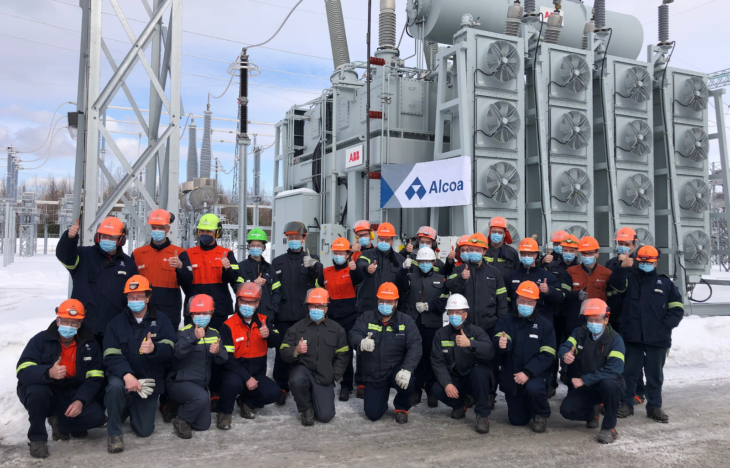Alcoa Corporation completed the installation of upgraded energy infrastructure at its Deschambault aluminum smelter in Quebec, Canada. The $47 million capital investment project is expected to improve stability, increase efficiency, and boost production at the smelter.
“Through continuous improvement, we have been able to economically increase the capabilities of many of our assets,” said John Slaven, executive vice president and chief operations officer at Alcoa. “This capital project at Deschambault should help us meet the strong demand we’re seeing for sustainably produced aluminum.”
The project included the addition of a third electrical transformer to provide more amperage to the smelting pots and enable increased metal production. In addition, upgraded environmental equipment will allow the plant to maintain environmental compliance as it works to increase aluminum production in the coming years.
In 2019, the Canadian government, through its Strategic Innovation Fund, announced a CA$10 million contribution toward the project at Deschambault. “We appreciate the dedication of our employees and the strong support from our stakeholders, including the investment from the Government of Canada,” noted Slaven.
Alcoa operates three smelters in Canada — Deschambault, Baie Comeau, and Bécancour — representing a consolidated nameplate capacity of 946,000 tonnes per year. Each of Alcoa’s Canadian smelters are powered by renewable hydroelectricity and have been certified to standards set by the Aluminium Stewardship Initiative, a comprehensive, third-party system, which verifies responsible production.
Deschambault’s nameplate capacity is 287,000 tonnes per year. It is also the home to Alcoa’s Aluminum Center of Excellence, where manufacturing best practices are developed and standardized for global deployment across Alcoa’s system.

